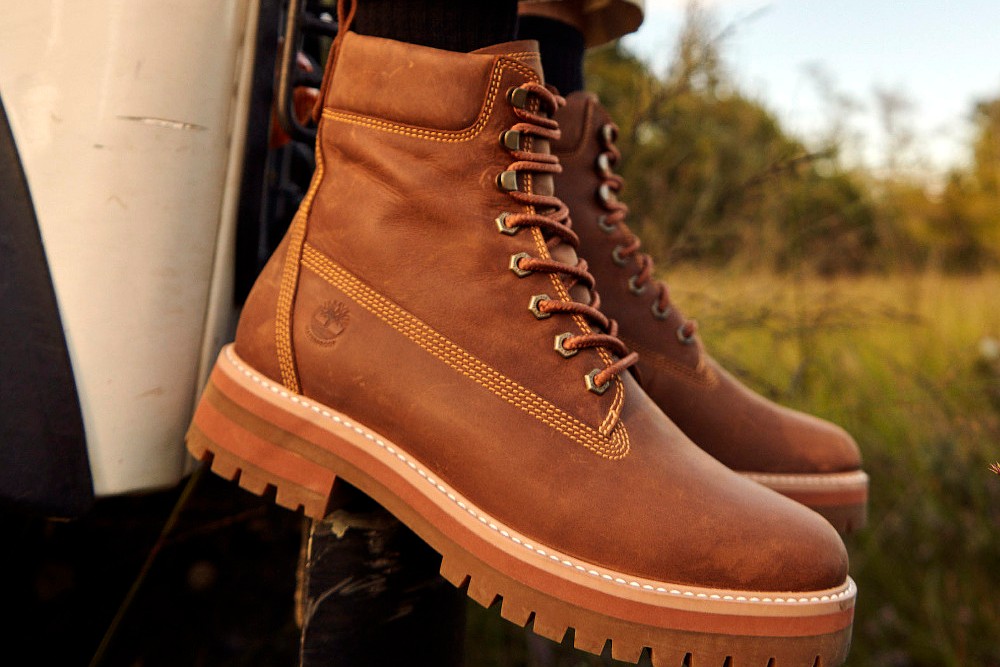
Timberland to build first regenerative rubber supply chain
YarnsandFibers News Bureau 2021-04-28 12:24:45 – USAUS-based Timberland is expanding its regenerative leather offerings, with plans to collaborate with Terra Genesis International (TGI) to provide the world's first regenerative rubber supply chain for the footwear industry.
The new regenerative rubber supply chain will be developed in Thailand in collaboration with Timberland's parent firm, VF Corporation, and sister brands Vans and The North Face with TGI, with Timberland planning to pilot its first regenerative Rubber footwear in 2023.
Regenerative rubber cultivation, which utilizes various tree species to replicate a natural forest ecosystem, will be included in the project, which will draw on local indigenous expertise. This boosts biodiversity while also improving ecosystem services like soil health, water cycling, carbon sequestration, and the formation of pleasant microclimates.
According to Timberland, this method also offers a variety of yields that farmers may rely on for several sources of income, resulting in improved resiliency and long-term beneficial community impacts.
Timberland and VF have announced that they would fund “train the trainer” programs to help scale indigenous knowledge and move more plantations to regenerative systems.
The senior manager of environmental stewardship for Timberland, Zack Angelini, said they want a greener, more equitable future at Timberland, and investing in regenerative agriculture is one of the most strong levers they have to achieve that goal. He adds that they're excited about the strides they've made in sourcing their high-volume products in a way that helps farmers and ranchers reverse environmental deforestation and build a planet that's more abundant, robust, and beautiful than it is now.
Timberland has set a target for itself to import 100% of its natural resources from regenerative agriculture by 2030, as part of its vision for a greener future. The new regenerative rubber procurement chain will eventually be available to brands within and outside the industry, according to the footwear brand, in order to massively scale regenerative rubber sourcing.
Chief executive of TGI, Luke Smith added that they are grateful for their relationship with Timberland and VF Corporation, which allows them to advance this critical regenerative process. While the transition from rubber monocultures to regenerative farming on one farm is remarkable, it is likely to have substantial social, ecological, and economic consequences in Thailand as the shift spreads.
Timberland is now using its social media sites, TikTok, Instagram, and Clubhouse, to encourage and teach the next generation about regenerative agriculture through campaigns involving experts and producers such as farmers, ranchers, and soil advocates.
Global vice president of marketing for Timberland, Drieke Leenknegt added Timberland is well-positioned to communicate the philosophy and advantages of regenerative agriculture to the next generation as a consumer-driven company with a mission to create a more equitable and renewable future.
He adds that they may use transmedia storytelling to communicate the ins and outs of regenerative practices in unique and different ways. They will collaborate with developers on TikTok to bring the idea to life in a simple and approachable way.
Market Intelligence
Ask for free sample Report

experience
Customer Base
dedicated team
Countries Served Worldwide









